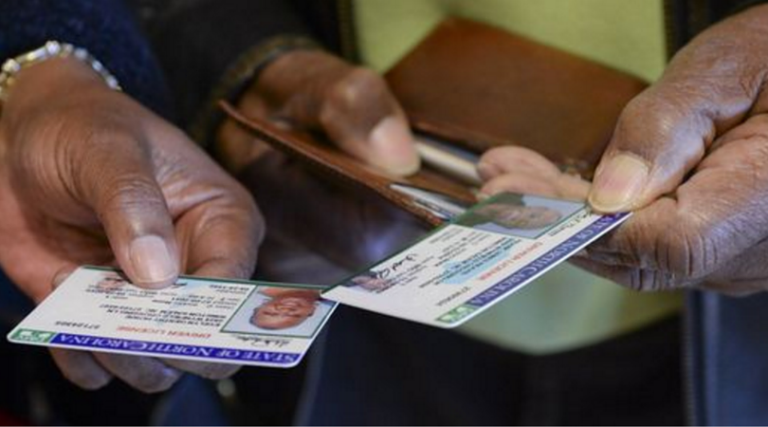Guarding the Franchise: The Voter ID Imperative
In an age when one cannot walk through an airport, cash a check, or even buy certain cold medicines without brandishing an ID, it is something of a marvel that requiring voter identification remains such a polarizing proposition. Our founders believed in a system built upon rational debate, rule of law, and, above all, trust in the electoral process. To…




